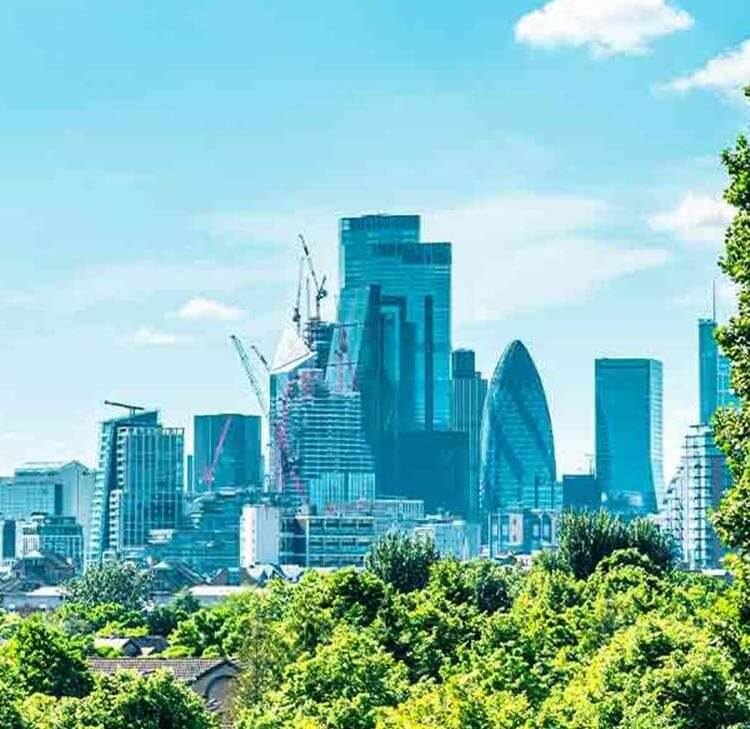Digest:
- Lloyds’ Net Zero Activity Update in October included a commitment to stop the financing of new oil and gas projects.
- This follows a long period of campaigning by charities and other non-profit organisations who have called for British banks to bring their financing activity in line with climate objectives.
- The first move by a UK bank is likely to spur other banks into similar pledges.
Source/Context:
In a statement welcomed by climate campaigners, Lloyds’ Net Zero Activity Update in October included a commitment to stop the financing of new oil and gas projects. This makes it the first UK bank to take this step. Lloyds confirmed that it would no longer directly finance “new greenfield oil and gas developments”, whether that be through project finance or reserve-based lending.
Lloyds targets are “science-aligned”, using either UK (Committee on Climate Change) or global (International Energy Agency) scenarios, with no current plan to use carbon offsetting to achieve their targets. This complements the launch of Lloyds Bank’s “Emerald Standard” earlier in 2022 which requires their top suppliers to work towards (1) a declaration of a net zero public commitment with interim targets to be achieved by 2030, (2) using science-aligned, credible targets, (3) using public CDP (formerly Carbon Disclosure Project, an international non-profit organisation) disclosure and (4) disclosing broader ESG performance using EcoVadis.
What does this mean for the FS and other industries?
The strategy document is in harmony with the bank’s steps to ensure all existing clients have “credible transition plans” to Net Zero in place by the end of 2023.
Previously, ShareAction, a charity whose aim is to improve corporate behaviour on ESG issues, had reported that European banks provided more than $400 billion to the top 50 companies expanding oil and gas production between 2016 and 2021; HSBC was previously found to be one of the worst offenders.
This commitment by Lloyds has been welcomed by climate campaigners and could spur other previously poor performing banks, such as Barclays and BNP Paribas, into following suit to reduce their reputational risk on ESG and to avoid potential shareholder action.
Contents
- ESG in 3D, November 2022
- Investment Zones on hold?
- Floating offshore wind pipeline potential
- The FCA’s anti-greenwash proposals
- Environmental Act 2021 – statutory requirement to submit targets not complied with
- Investors groups are calling for action from the Government
- The Starling Bank disability discrimination decision
- FCA Financial Lives survey: Socio- demographics and financial vulnerability
- Disability and access in banking
- ESG in deals and investments
- Progress report on climate-related disclosures
- Additional matters
- Summary of other ESG related news
Contact

Mark Hickson
Head of Business Development
onlineteaminbox@brownejacobson.com
+44 (0)370 270 6000









































